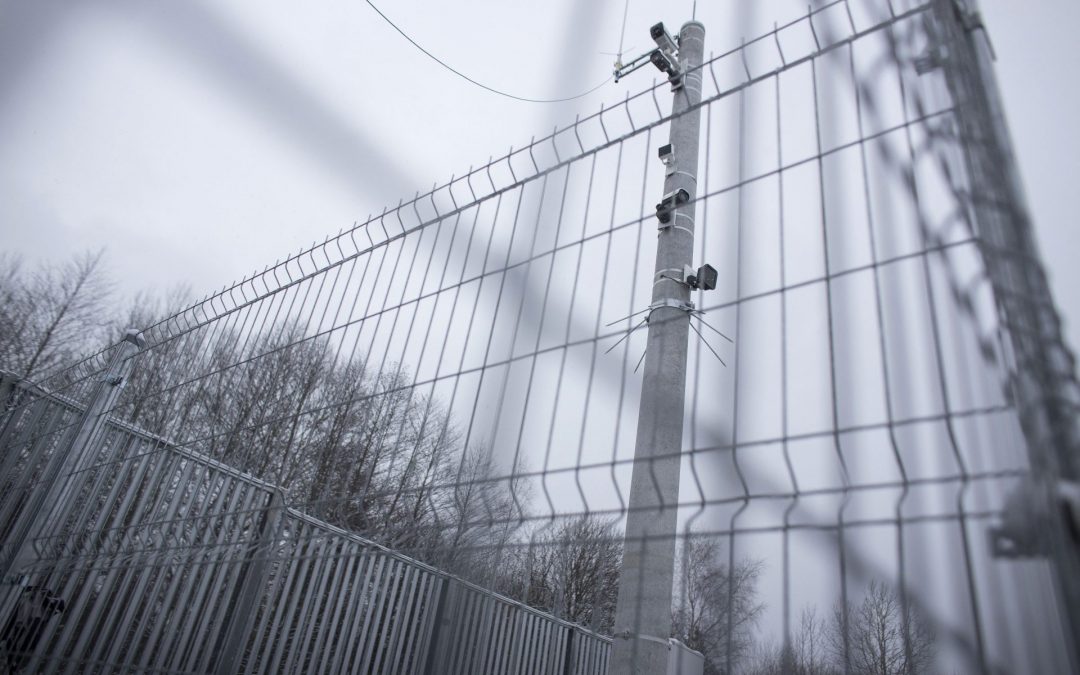Berlin – After an increase in spring, illegal entries into Germany via the so-called Belarus route slightly decreased again in June. This emerges from a response by the German government to an inquiry from the parliamentary faction of the right-wing party Alternative for Germany (AfD). Representatives of all factions in the Bundestag can address such questions regarding current politics or the situation in the country to the federal government.
After 413 detected arrivals in March and an increase to 865 illegal entries in April, the Federal Police registered 1,125 entries in May from people who had previously stayed in Belarus, according to the information. In June, according to the federal government, the police then detected 663 illegal entries via this route.
Poland and the European Union accuse Russian President Vladimir Putin and his ally, Belarusian leader Alexander Lukashenko, of deliberately helping people from crisis regions to illegally enter the EU with visas and logistics since 2021. The route leads from Belarus across the external EU border into Poland.
According to the German government, the Federal Police registered a total of 3,117 illegal entries by people following this route in the first half of this year. Throughout 2023, according to the Federal Police’s entry statistics, 11,932 people arrived in Germany via this route.
1,140 Afghans came via the Belarus route in six months
The largest group among those who irregularly came to Germany via Belarus last year and in the first half of 2024 were people from Afghanistan, followed by people who identified as Syrian nationals. From January to June 2024, the most common nationalities also included Somali, Indian, Iranian, and Yemeni. Many of the people who enter via this route do not have any papers with them.
In mid-October last year, German Interior Minister Nancy Faeser ordered temporary stationary checks at the borders with Poland, the Czech Republic, and Switzerland, which were registered with the European Commission. These have since been extended several times. (August 13)
 go to the original language article
go to the original language article
